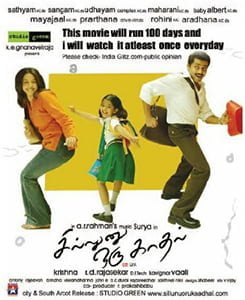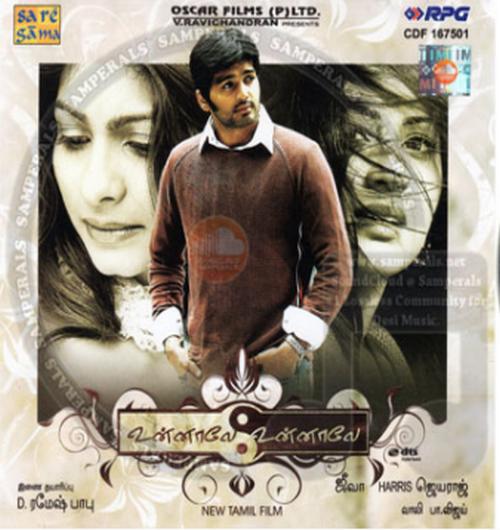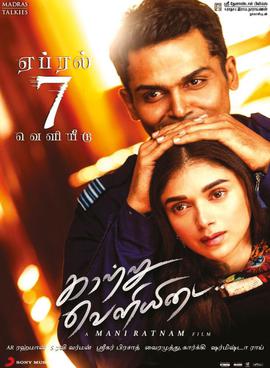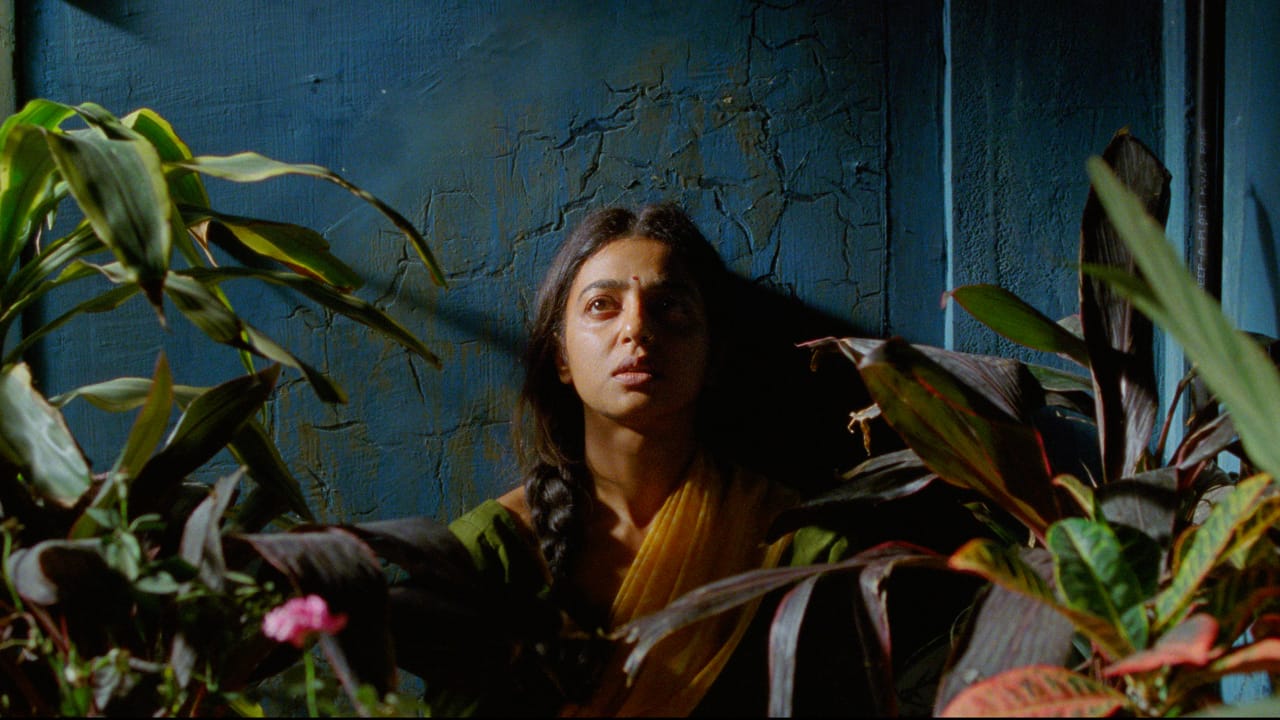As a highly influential communication medium, films appeal to the audience as the repository for new experiences and knowledge which they may have never come across. Thus, the loftiness of the task performed by films is almost unmatchable when it comes to other media. It helps shape the psyche of the people into learning how to identify, understand and incorporate ideas and situations. But the most misunderstood fact is that, often, a film is a generalisation. It falls prey to tropes that perpetuate harmful stereotypes in society.
A film is a creative by product of the various mental processes intentionally and unintentionally undertaken by the filmmaker which is often coloured by their ideologies which may be politically correct or incorrect. Therefore, the weight it places upon the viewers to watch and interpret them is never a simple task. Altogether, any film is a discourse sparking a series of conflicts and depicting forms of representation in various combinations trying to amass infinite possibilities.
In this vital process of interpreting, most of the viewers align with the topical sentence of the film, remaining wilfully oblivious to the minor subtexts and narratives.
In this vital process of interpreting, most of the viewers align with the topical sentence of the film, remaining wilfully oblivious to the minor subtexts and narratives. This destroys the very essence of the infinite possibilities of visual interpretation.
Here, three Tamil films Sillunu Oru Kadhal (2006), Unnale Unnale (2007) and Katru Veliyidai (2017) are selected based on their success and mass acceptance from the audience. All of them share some common features especially surrounding the script and female characterisation, irrespective of their year of release. The most predominant among many of these is the trope of the self-sacrificing women.
Kundavi and her false awareness of sacrifice in the film Sillunu Oru Kaadhal
Sillunu Oru Kaadhal directed by Obeli N. Krishna goes no far from depicting the character of Kundavi as a typical wife who is taught to love, respect and place her husband above everything else. She puts into practice all these ideas, even when it has the potential to subjugate her entire existence. As a wife, she is indoctrinated by her conditioning to take care of her husband’s needs and fancies. Thus, she reaches the extent of searching for and inviting her husband, Gautam’s old college love Ishwarya for a date with him, without his knowledge.
As the best friend of Gautam, Kundavi never even considers to talk it out with him. According to her, she decides things for his happiness, though none of it has any relevance for Gautam at present. She takes the pain of enduring Ishwarya visiting their home and leaves them for privacy. Kundavi readily falls into the trope of a self-sacrificing woman who is eager to please her husband, even when it goes against her own happiness and puts her family life at risk.
Even when the case is this, in the eyes of an ordinary viewer, her act is equal to that of a devotee to God, sacrificing her happiness only to secure more respect and love. Gautam names their daughter after his old lover and hence seems to preserve her memories. Even the scenes after the real meeting between Ishwarya and Gautam is presented as a mere dream that Kundhavi brewed from her jealousy. But no attempt was made to show what really happened during the meeting between the old lovers.
While exploring the thoughts of Kundavi, it is also imperative to explore the mind of Gautam, but the male scriptwriter never endeavours to do that deeming it unnecessary.
While exploring the thoughts of Kundavi, it is also imperative to explore the mind of Gautam, but the male scriptwriter never endeavours to do that deeming it unnecessary.
One-sided narration and fake love in the film Unnale Unnale
Unnale Unnale by Jeeva is no different from Sillunu Oru Kaadhal, the plot of which heavily features the hero Karthik whose uncontrollable attraction for other women always paves the way for love troubles with his lover Jhansi. Though both of them share love for each other, Karthik always prefers other women over her. Thus she breaks up with him. But the story does not end there, it gives another chance to Karthik to mend what has been broken between them.
It was a decent opportunity provided by the script but even there, Karthik fails to express himself and moreover, he tends to repeat his past behaviour to Jhansi by getting too comfortable with her colleague Deepika. The film fails thoroughly in expressing the feelings of Jhansi or at trying to resolve the conflicts between them and it simply casts Jhansi as an unruly woman who is hard to tame. Moreover, in the climax Jhansi is shown to have come to the conclusion that both of them are so different from one another that they could no longer be together.
But, all these speculations and introspections happen to be one sided, arising only from Jhansi, whereas Karthik or Deepika are completely disinterested in further deep level thoughts. The concluding scene of the film places the idea that women who are untameable by men are destined to end up lonely as Jhansi.
The film declares that women should be ready to adjust with their men even if they are not treated well.
The film declares that women should be ready to adjust with their men even if they are not treated well. The scriptwriter could have given it a different take, showing Jhansi meeting and falling in love with a better man, different from the women-driven Karthik who never tries to understand her or perhaps, Karthik reconciling with their conflicts peacefully. Hence, the impact it gives to the audience is one totally engaged in negativity and non-resolution. It also legitimises the toxic behaviour of Karthik as well.
Deemed to be modern, yet stereotypical: Katru Veliyidai
Katru Veliyidai released ten years later by the maestro in films, Mani Ratnam, was yet another pushback on depictions of womanhood with its archaic ideas on individuality and values. Though the film brims with so much hope, it offers none with the toxic masculinity of Varun. In the beginning of the film itself, Varun casts away his girlfriend Girija whom he loves, risking his army position, at the sight of the beautiful doctor Leela.
She falls deeply in love with him only to understand that she will wound herself in the process. Unlike the other female characters like Kundavi or Jhansi that have already been discussed, Leela fights not to submit herself before Varun but ultimately, it does happen. He brutally insults and pushes her back many times, when she questions her self-worth in the relationship.
The only consolation offered for his toxic behaviour is his psychological issue which goes untreated leading to the building up of trauma within Leela. Finally, Leela leaves him without letting him know the reason with his unborn child. This is the only point in the film where her character wields some power over Varun.
In the film, Mani Ratnam has tried to glorify Leela as the epitome of womanhood by sugarcoating all the toxicity of Varun with his captivating character.
To the utter surprise of the audience, Varun undergoes a rapid change in his attitude and mentality. He later discovers Leela, trying bring up his child whom he meets at last. In the film, Mani Ratnam has tried to glorify Leela as the epitome of womanhood by sugarcoating all the toxicity of Varun with his captivating character. Moreover, Leela does not represent or choose to the represent the women of the age who dare to break free. She has subdued not only her life for Varun but also her character and ambitions.

As a whole, all of these films starring the most talented and celebrated actors or directed by famous director have failed to reflect the true essence of womanhood or a woman’s aspirations. They have aesthetically and psychologically tried to tame women into believing in a corrupted notion of love and relationships.
Thus the audience are made to believe that a relationship is based on the sacrifices by women, as if it is a labour to be performed by them, age after age. Hence, there is thematically and semantically no difference between Katru Veliyidai (2017) and the other two films from 2007 from the same Tamil film industry. All of these films add to the corrupted understanding of women and serve commercial benefits. They need to be analysed and critiqued to spark changes.
About the author(s)
Vidhu (she/her) is an emerging writer with Masters in English language and literature, keen on learning the politics of the world around her. She has dreams to create a career in journalism and writing, where she unburdens her self. She has a great taste for movies from varies geographical spans and pens down poetry in magical charms. She is open to projects or research centring on humanities.









